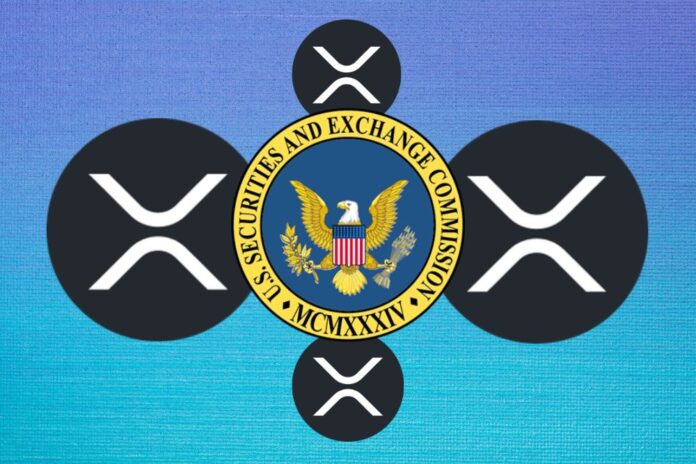A recent analysis from MetaLawMan (@MetaLawMan), a lawyer and cryptocurrency advocate, highlights potential weaknesses in the arguments presented by the U.S. Securities and Exchange Commission (SEC) in the legal battle with Ripple.
The Lawsuit So Far
In December 2020, the SEC filed a lawsuit against Ripple and its executives. This lawsuit has dragged on since then, but things turned around in July 2023 when Ripple won a huge victory when the court ruled that XRP itself is not a security and non-institutional XRP sales don’t count as securities offerings.
However, the court determined that Ripple’s sale of XRP to institutional investors could potentially be classified as unregistered securities offerings.
Currently, the case is in the remedies phase, where the court considers potential penalties for Ripple if the SEC’s claims are upheld. A central argument from the SEC relies on demonstrating that Ripple’s actions caused financial harm to investors. However, legal expert MetaLawMan raises doubts about the validity of this argument.
A Legal Expert’s Opinion
MetaLawMan points to the precedent set by the SEC v. Govil case, where the 2nd Circuit Court ruled that the SEC cannot seek disgorgement (a form of penalty requiring the return of profits) from a seller if the buyer suffered no financial loss. Ripple’s Chief Legal Officer Stuart Alderoty recently drew attention to the Govil ruling, as this ruling sets a high bar for the SEC to prove investor harm in the Ripple case.
The SEC, in its reply brief, attempts to establish investor harm by citing the SEC v. iFresh case. This case suggests that “pecuniary harm” can be satisfied even if there’s no direct financial loss, as long as the asset’s price was artificially inflated.
However, MetaLawMan argues that the SEC’s interpretation of iFresh is overly broad. He contends that the SEC’s logic could be applied to any decline in an asset’s value, disregarding the inherent volatility and speculative nature of cryptocurrency investments. Investors in this market are generally aware of the associated risks.
We are on twitter, follow us to connect with us :- @TimesTabloid1
— TimesTabloid (@TimesTabloid1) July 15, 2023
Read Also: XRP Holders Lawyer Explains Why Ripple Would Pay the SEC A Lot Less Than $770 Million
Furthermore, MetaLawMan emphasizes the weakness of the SEC’s reliance on the iFresh case. This case was designated “not for publication,” indicating it should not be used as a legal precedent. Citing such a decision weakens the SEC’s argument considerably.
While the possibility exists that the judge might side with the SEC’s interpretation based on iFresh, MetaLawMan believes it is more likely that the court will find insufficient evidence of investor harm, especially considering the Govil precedent, which other lawyers have also mentioned.
Follow us on Twitter, Facebook, Telegram, and Google News



